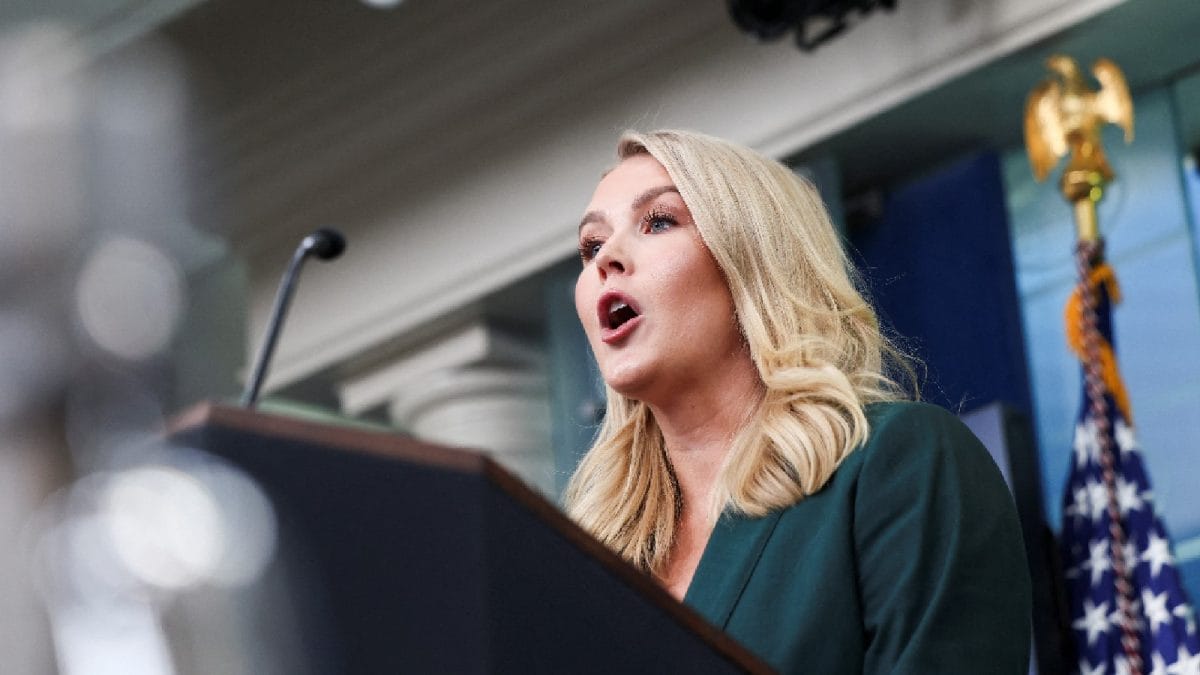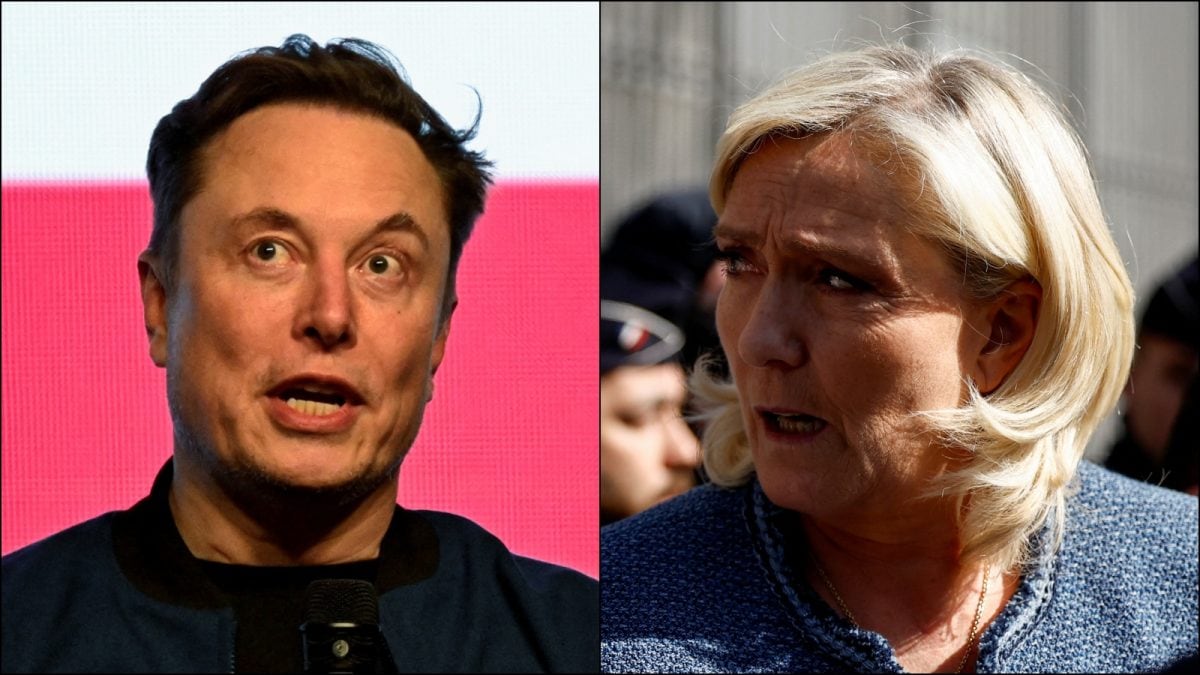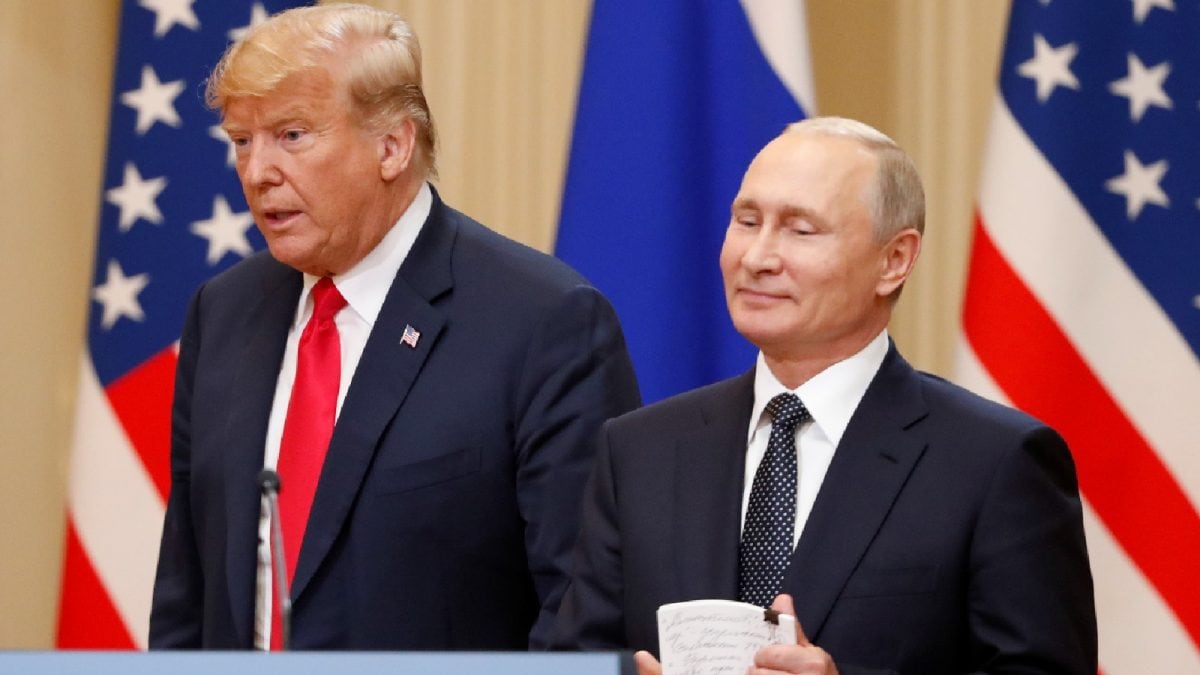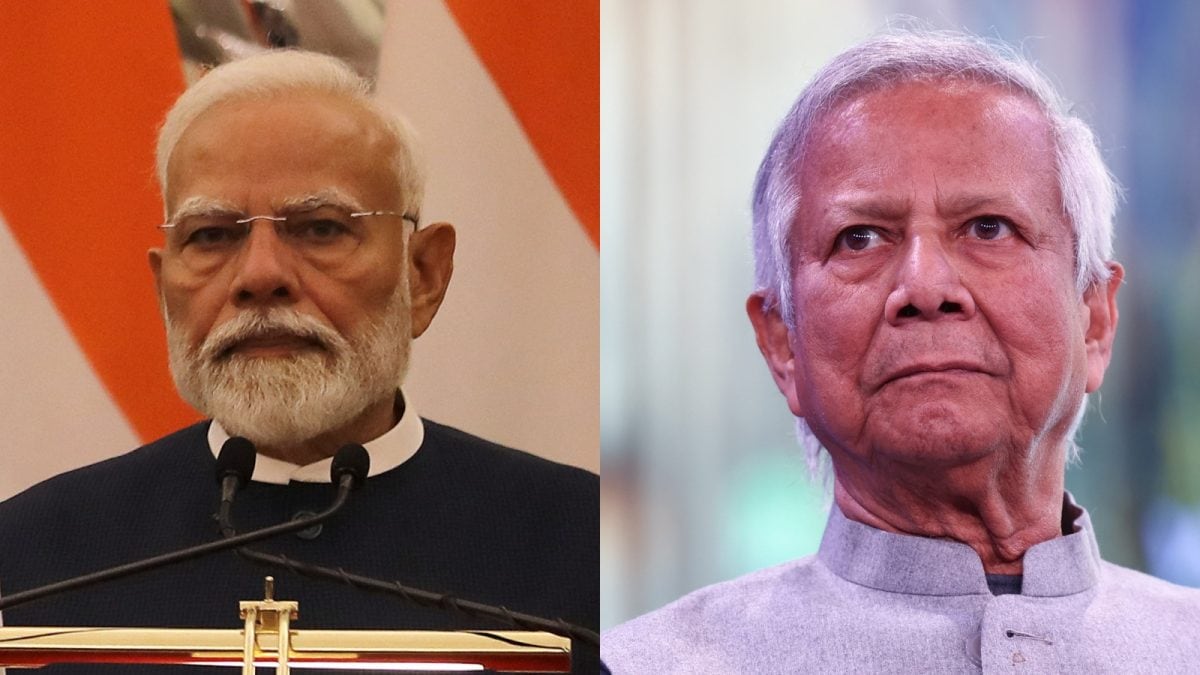Trump said the tariffs will remain in place until Mexico and Canada take stronger action to curb migration and fentanyl trafficking. Asked if there was room for negotiation, he dismissed the idea outright.

With just hours before Trump's February 1 deadline, Canada, Mexico and China appear braced for what could become a major trade conflict.
US President Donald Trump reaffirmed on Friday that he will impose new tariffs on imports from Mexico, Canada, and China, despite pushback from the affected countries and fears about a broader trade war.
The duties, set to take effect February 1, include a 25 per cent tariff on goods from Mexico and Canada and a 10 per cent levy on Chinese imports, Trump said.
After threatening the tariffs for weeks, Trump said the trade measures will remain in place until Mexico and Canada take stronger action to curb migration and fentanyl trafficking. Asked if there was room for negotiation, he dismissed the idea outright.
“No, no. Not right now, no,” he told reporters in the Oval Office.
White House press secretary Karoline Leavitt also confirmed the tariff deadline remains unchanged. “I can confirm that, tomorrow, the February 1 deadline President Trump put into place with a statement several weeks ago continues,” she said.
Leavitt declined to offer details on how the tariffs would be implemented, saying only that the full policy would be available for public review within the next 24 hours. She also did not clarify whether oil imports would face additional exemptions.
CANADIAN OFFICIALS SEEK LAST-MINUTE TALKS
With hours to go to the February 1 deadline, Canadian Prime Minister Justin Trudeau vowed a “forceful and immediate” response if the US moves ahead with the proposed set of tariffs.
“No one — on either side of the border — wants to see American tariffs on Canadian goods,” Trudeau wrote on social media.
Speaking after a meeting with the advisory council on Canada-US relations, Trudeau said his government made efforts to prevent the tariffs but made clear that Canada was ready to act if necessary. “We’re working hard to prevent these tariffs, but if the United States moves ahead, Canada’s ready with a forceful and immediate response,” he said.
Canadian officials are set to meet with White House border czar Tom Homan on Friday in a last-ditch effort to reach an agreement that could prevent the tariffs, reported CNN citing sources privy to the matter.
MORE TARIFFS IN THE OFFING
Trump signalled that additional tariffs could be imposed on European goods, steel, aluminium, copper, pharmaceuticals, and semiconductors in the coming weeks.
“Eventually we’re going to put tariffs on chips. We’re going to put tariffs on oil and gas. That’ll happen fairly soon,” Trump said, pointing to a possible February 18 announcement.
“We’re going to be putting tariffs on steel, aluminium, and ultimately copper. Copper will take a little longer, but it will happen quickly,” he added.
The President also proposed tariffs on pharmaceuticals as part of a broader effort to bring drug manufacturing back to the US.
“We’re going to build a tariff wall to bring pharmaceuticals back to America,” he said. “The way to do that is by putting up a wall— a tariff wall.”
ECONOMIC RISKS LOOM
The tariff strategy marks a major gamble by Trump, with the administration betting that higher costs on imports will pressure foreign nations into trade negotiations. However, many economists warn that the move could backfire by increasing consumer prices in the US.
“There could be some temporary, short-term disruption, and people will understand that,” Trump said when asked about the impact on American consumers.
He dismissed concerns that US consumers depend on imports from Canada and Mexico. “We don’t need what they have,” he said.
Industry leaders have cautioned that the tariffs could raise costs on key imports, including aluminum and lumber from Canada, fresh produce and electronics from Mexico, and automobiles from both nations.
Trump has repeatedly claimed the tariffs would generate billions in revenue for the US, but economists warn that the burden typically falls on American businesses, who either absorb the cost or pass it on to consumers.
Published By:
Devika Bhattacharya
Published On:
Feb 1, 2025

 1 month ago
1 month ago

















